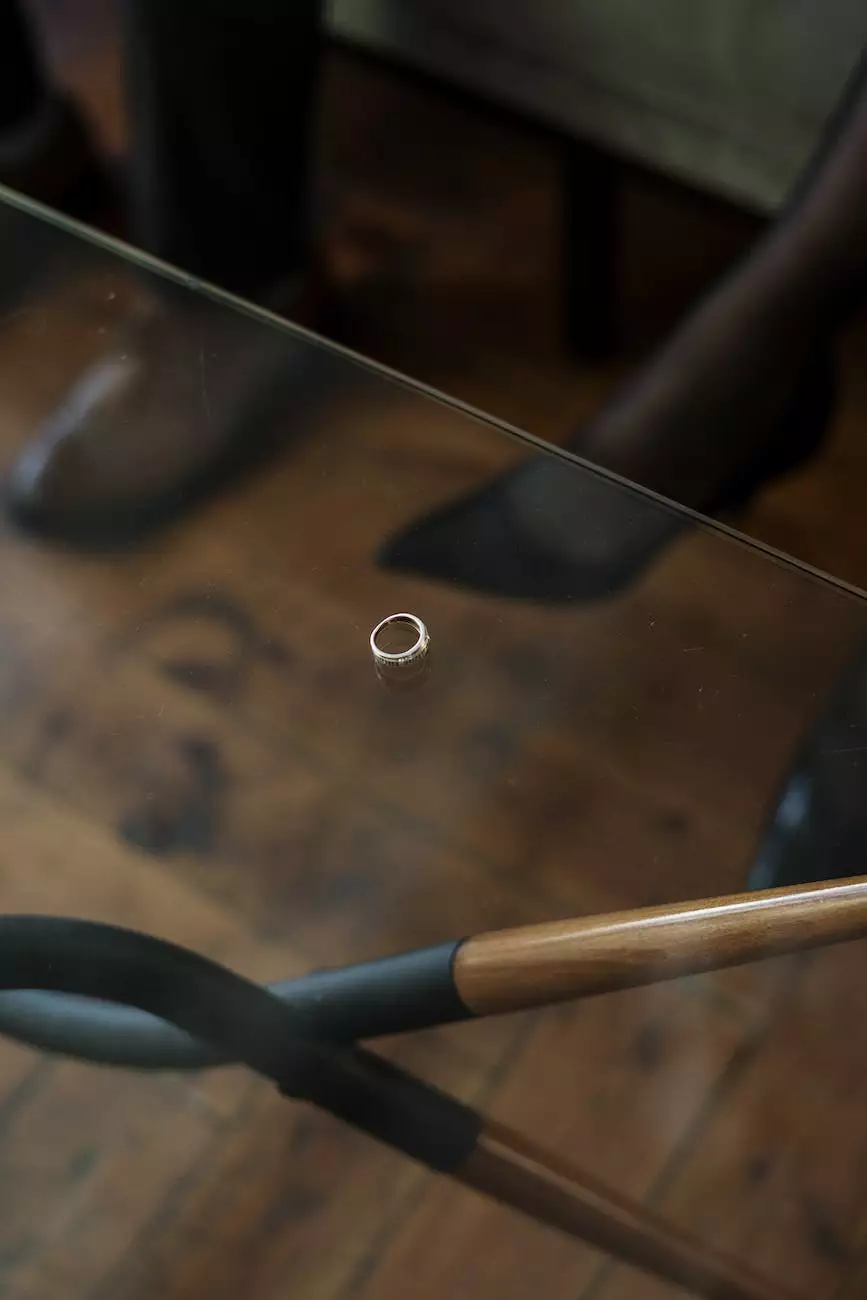Are You a Passive-Aggressive Person?
Mental Health
Understanding Passive-Aggressive Behavior
Passive-aggressive behavior can be both frustrating and damaging in personal and professional relationships. Are you displaying signs of passive-aggressiveness without even realizing it? It’s time to delve deeper into this psychological phenomenon and gain valuable insights.
What is Passive-Aggression?
Passive-aggression is a behavior characterized by indirect resistance, stubbornness, and a refusal to openly communicate feelings or concerns. Individuals who exhibit passive-aggressive tendencies often express their dissatisfaction or anger through subtle actions or behaviors instead of addressing the issue head-on.
Passive-aggressive behavior can manifest in various forms, including:
- Silent treatment
- Persistent procrastination
- Sulking or withdrawal
- Subtle sabotage
- Backhanded compliments or sarcasm
- Indirect insults or criticism
- Denial or avoidance of responsibility
Effects of Passive-Aggressive Behavior
The impact of passive-aggressive behavior can be far-reaching, affecting both the individual exhibiting such behavior and those around them. In personal relationships, passive-aggression can lead to resentment, misunderstandings, and the breakdown of trust. In a professional setting, it can hinder effective collaboration, decrease productivity, and create a toxic work environment.
Identifying Passive-Aggressive Traits
Discovering whether you possess passive-aggressive traits is the first step towards personal and professional growth. Here are some signs that may indicate passive-aggressive behavior:
1. Difficulty Expressing Emotions Openly
Do you find it challenging to express your emotions openly and directly? Passive-aggressive individuals tend to avoid direct confrontation and often suppress their feelings, leading to unresolved conflicts and resentment.
2. Procrastination and Resistance
If you frequently delay tasks, intentionally arrive late, or resist fulfilling responsibilities, you might be exhibiting passive-aggressive tendencies. Procrastination can be a subtle way of expressing defiance or avoiding direct participation.
3. Veiled Criticism and Sarcasm
Do you often resort to sarcasm, disguised insults, or backhanded compliments? Passive-aggressive individuals use subtle forms of criticism to express their underlying dissatisfaction without openly acknowledging it.
Breaking Free from Passive-Aggressive Behavior
Recognizing and addressing passive-aggressive behavior is essential for personal growth and maintaining healthy relationships. At Arouse into Millions, we specialize in consulting and analytical services that can help you overcome passive-aggressive tendencies.
Our Approach
Our team of experienced professionals employs a holistic approach to assist individuals in navigating and understanding their passive-aggressive behaviors. We offer personalized strategies and techniques to help you:
- Develop effective communication skills
- Enhance self-awareness and emotional intelligence
- Resolve conflicts in a direct and constructive manner
- Improve relationship dynamics
- Strengthen assertiveness and negotiation skills
- Eliminate destructive passive-aggressive patterns
Why Choose Arouse into Millions?
Arouse into Millions stands out in the consulting & analytical services sector with our exceptional track record and client satisfaction. When you partner with us, you benefit from:
- Years of experience in behavior analysis and therapy
- Expert guidance from certified professionals
- Customized approach tailored to your specific needs
- A supportive and non-judgmental environment
- Proven strategies to help you overcome passive-aggressive tendencies
- Long-term support for lasting behavioral change
Contact Us Today
If you find yourself struggling with passive-aggressive behavior and its consequences, take the first step towards personal and professional growth by contacting Arouse into Millions today. Our empathetic team is here to help you transform your life for the better.










